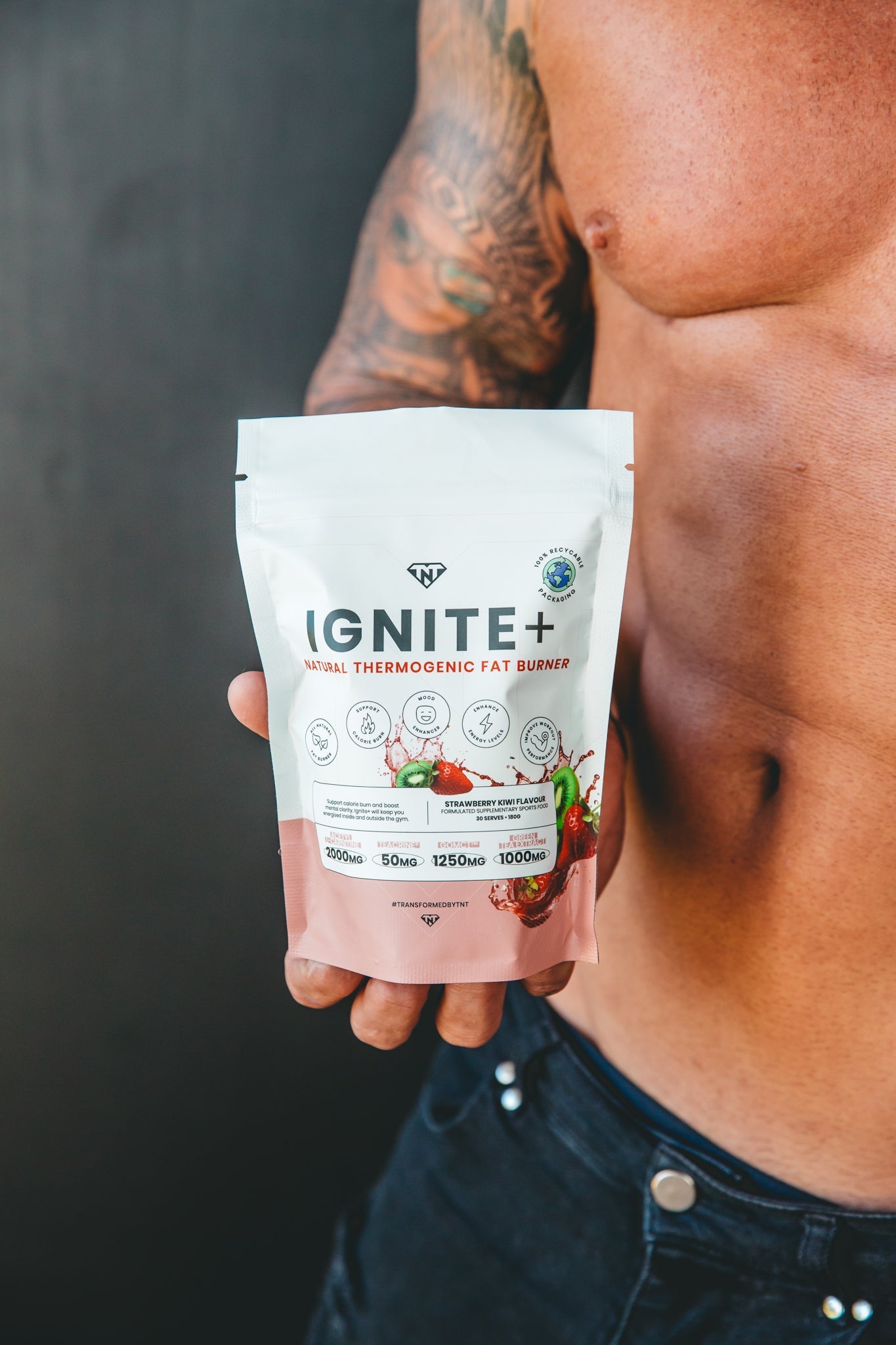You’ve probably heard a lot about calories, macros and micros when it comes to losing fat or achieving a body composition goal. But do you know what these actually are and their importance? Let us help break it down for you…
WHAT IS A CALORIE?
Before we talk about macronutrients, aka “macros”, we have to first talk about calories. A calorie, as commonly referred to on food nutrition labels, is a unit of energy. The total amount of calories a food contains is dependent on the macronutrients that make up that food (protein, carbohydrate and fat).
WHAT ARE MACRONUTRIENTS?
Macronutrients are nutrients that are required in large amounts to provide the energy needed to maintain body functions and carry out the activities of daily life. There are three main macronutrients – protein, carbohydrate and fat – which are molecules contained in different amounts in all food and beverages. Each of these molecules have a corresponding caloric value which give the total caloric value of the food.
- Protein = 4 calories per 1 gram
- Carbohydrate = 4 calories per 1 gram
- Fat = 9 calories per 1 gram
- Alcohol = 7 calories per 1 gram
Protein
Proteins are the primary building blocks of our bodies. They are used to build tissues like muscle, tendons, organs, and skin, as well as many other molecules that are essential to life such as hormones, enzymes, and various brain chemicals. Numerous studies have shown that a high protein diet has major benefits for muscle gain, fat loss and metabolic health. It is essential for building muscle, maximising muscle retention when dieting and also helps you feel fuller for longer.
Carbohydrates
Carbs are the body’s primary fuel source. They allow our heart, lungs, kidneys, brain and muscles to function properly. Carbs are particularly important to fuel the brain, helping us to think clearly and to balance our mood, as well as to enable our muscles to work effectively during exercise. They also prevent protein from being used as an energy source and enable fat metabolism. Sources of carbs such as starchy foods, vegetables, fruits, legumes and dairy products are an important source of fibre and nutrients such as calcium, iron, and B vitamins.
Fat
Fat is a vital source of essential fatty acids that our bodies cannot produce and has many important roles in the body including providing energy, maintaining healthy skin and tissues, proper functioning of our nerves and brain, absorption of vitamins, and hormone health. In addition to all of these important physiological functions, fat in our diet can also help us to feel fuller for longer which can make the dieting process easier.
WHAT ARE MICRONUTRIENTS?
Micronutrients are essential vitamins and minerals that our bodies need in small amounts to function properly. Although only needed in very small amounts, both vitamins and minerals play crucial roles in our nutrition, including the prevention and treatment of various diseases and conditions, as well as the optimisation of physical and mental functioning. Our bodies don’t make all of these micronutrients, so it’s crucial we supply them through our diet!
Despite their importance, many people do not get enough micronutrients in their diet. This can be due to a variety of reasons, including a lack of access to a diverse and nutritious diet, poor absorption of micronutrients due to medical conditions, and certain medications that can interfere with the absorption of vitamins and minerals. Consuming a variety of different food groups is the easiest way to ensure that all of these needs are met – that is why eliminating food groups from your diet can have harmful effects on your body.
TAKEAWAY MESSAGE
Both macros and micros play an important role when it comes to fuelling our bodies, getting the results we want, and improving our health. If you don’t want to count your calories, you don’t need to! Just aim for 3-4 meals per day, prioritise a source of protein in these meals, aim to eat a variety of fruit and vegetables and focus on portion control. The less you overthink it, the more you’ll enjoy it, and the more you enjoy it, the more likely you will be to stick to it and get results!






